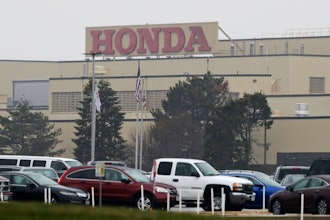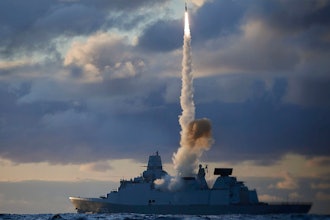BRUSSELS, Belgium (AP) -- World customs authorities on Tuesday called on the United States to repeal or scale back a new law that will require foreign ports to screen all containers before they are shipped to the U.S.
The World Customs Organization and port authorities won't have the new equipment and staff needed by the law's July 1, 2012 deadline for 100 percent screening, said Michel Danet, secretary general of the WCO. The Brussels-based organization represents 173 customs authorities worldwide.
"We are trying to come up with arguments to convince the U.S. Congress to repeal or change the law," Danet told reporters.
The U.S. rules will affect the movement of 325 million containers from 600 port container terminals worldwide per year.
The U.S. Congress passed the strict new anti-terror port security rules last July after a special commission recommended tighter border security measures following the Sept. 11, 2001 terrorist attacks.
The WCO released a study during a two-day conference on container security that concluded that the U.S. law would cost millions to implement, cause huge logistical problems for ports and damage world trade.
The world's top ports are unlikely to meet the 100 percent scanning rate by 2012, said Frederic Carluer, a professor from Le Havre University in France, who carried out the WCO study.
Carluer said some larger and newer ports such as those in the Gulf states or China could pay for and implement new scanning machines. But smaller and older ports could neither afford the technology nor employ enough staff to conduct a full screening of all ship-bound cargo to the United States, he said.
Carluer suggested that the law be scrapped, delayed in implementation, or changed to lower the scanning threshold to at least 30 percent and to build up from there.
He said the 100 percent screening rule would cost $100 per container, a cost that would likely have to be paid by consumers, raising the prices of imported goods such as toys, televisions and clothing.
The total that customs and ports spend now per year on partial, selective screening containers would rise from the current $400 million to $1 billion by 2012, Carluer said.
"There is a lot at stake for customs authorities around the world," he said.
Carluer said U.S. authorities also could face reciprocity demands from Asian countries and the European Union, that all sea-bound cargo face similar screening before leaving the United States.






















